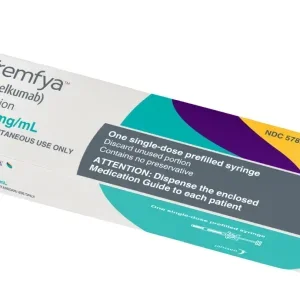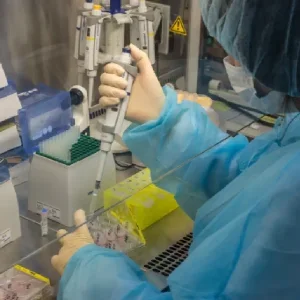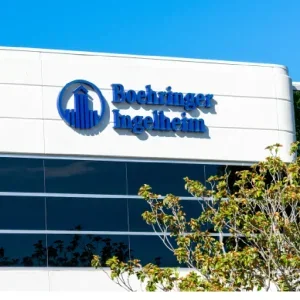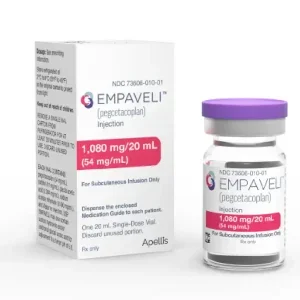US-based BostonGene has signed a collaboration agreement with Prisma Health to predict the efficacy of immunotherapies and advance the understanding of molecular characteristics of rare tumours.
Both firms will work to understand rare tumours in patients treated with immune checkpoint inhibitors by characterising their tumour microenvironment (TME), mutational landscape and immune profiles.
This will involve the use of BostonGene’s multi-omics analytics platform to find molecular characteristics in order to personalise treatment plans for patients with rare tumours.
The American biomedical software company, in partnership with Prisma Health’s Rare Tumor Center, will examine tissue and peripheral blood from patients with solid tumours of rare cancers in a study.
BostonGene said that the trial is expected to provide insight into the molecular underpinnings of immune-activating drugs that are frequently used to strengthen an individual’s natural defences against cancer.
The study is now enrolling patients for its current cohort, and BostonGene will conduct detailed assessments of the main tumours and immunoprofiling of matched peripheral blood obtained during that time.
BostonGene chief medical officer Nathan Fowler said: “We’re honoured to collaborate with Prisma Health for this prospective clinical trial.
“We are confident that our next-generation multi-omics analytics will uncover unique molecular characteristics that can be utilised to personalise treatment plans for patients with rare tumours.”
The Rare Tumor Center was founded by Prisma Health in 2014 to improve patient outcomes for patients suffering from rare cancers.
The centre, part of Prisma Health Cancer Institute, actively takes part in about 300 clinical trials a year.
Prisma Health aims to integrate AI-driven molecular profiling into its prospective clinical trial involving checkpoint inhibitors.
BostonGene said that this integration helps to significantly enhance the comprehension of cancer and its relationship with surrounding tissue and normal supporting cells.
Rare Tumor Center founder Jeffrey Edenfield said: “BostonGene’s innovative solutions will provide a substantially deeper understanding of the molecular profiles of rare tumour patients, which could help us better determine what therapies work for which patients.”






